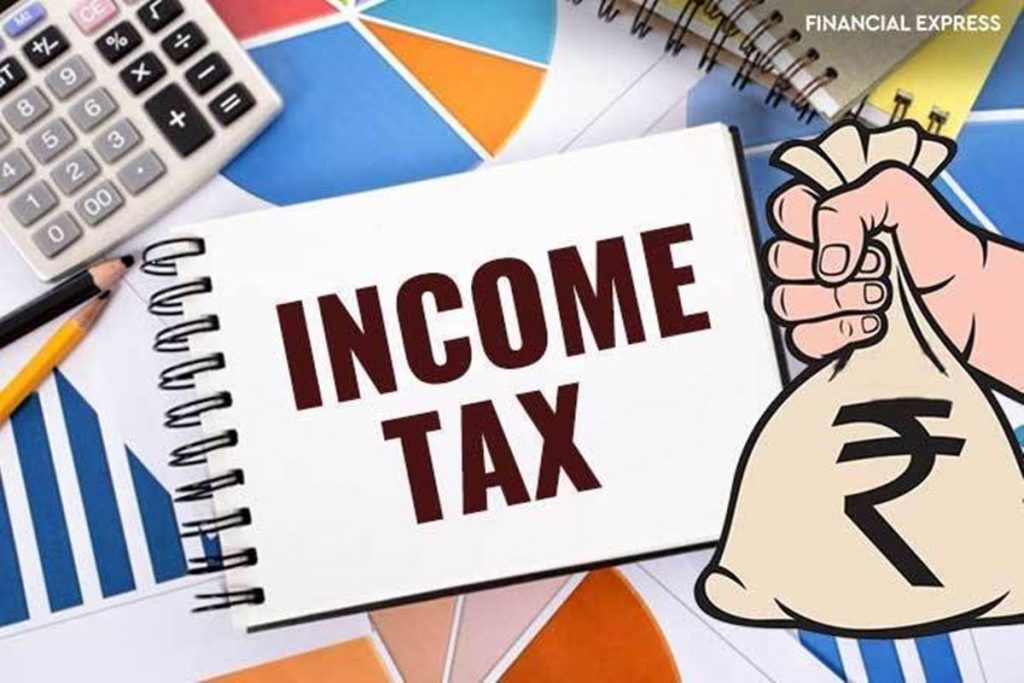
The Indian Income Tax Act, 1961 (Act) provides the basic framework for taxation in India. It lays down the principles of taxation including tax rates and other provisions.
The Central Board of Direct Taxes (CBDT) is responsible for administering the Income Tax Act. The CBDT is headed by a Chairman and has two Members, one of whom is designated as Member-Secretary. The CBDT also has Director General of Income Tax (DGIT), who heads the technical wing of the Board. DGITs are assisted by Additional DGITs and Joint DGITs with each heading a group of Regional Offices which are located at various places in India.
India has a progressive income tax system where people with higher incomes pay higher taxes than those with lower incomes. The government levies income
What are the Components of Income Tax in India?
keywords: income tax, iai, income tax india, income tax calculation
The income tax in India is levied on the total income of an individual. The total income is the sum of all incomes from all sources, which includes salary, house rent allowance, interest on deposits and other investments, profits and gains from business or profession, capital gains and income from other sources.
Income tax in India is calculated as per the Income Tax Act 1961. The Act defines various heads of taxable incomes such as salary, house rent allowance (HRA), interest on deposits and other investments (other than those invested in equity shares or equity oriented mutual funds), profits and gains from business or profession (P&G from business), capital gains (CG) and income from other sources.
The basic principle for calculating the tax liability is that the person who earns more pays more to the government
Difference Between Regular and Senior Citizens in Income Tax?
keywords: iai rates, income tax slabs
The income tax slabs are different for senior citizens and regular citizens. For example, if a senior citizen earns more than Rs. 2,50,000 a year then they have to pay 10% tax on the amount which is more than the Rs. 1,50,000 threshold. This means that they will have to pay Rs. 25,000 as tax for every Rs. 1 lakh earned over and above the threshold limit of Rs. 1,50,000 per annum.
This is not the case with regular citizens who are liable to pay 20% of their income as taxes from their first rupee earned onwards without any threshold limit on how much they can earn in a year or what percentage of their total income should be taxed at 20%.
What are the Different Types of Assessment in Income Tax?
keywords: assessment year, iai an year or date
Assessments are the process of estimating a person’s income for the purpose of taxation. There are various ways in which assessments can be done. The tax year or date is the time period from which the assessment is done and this has to be specified when filing an income tax return. The different types of assessments are:
– Taxable Income Assessment
– Self Assessment
– Tax Return Assessment
– Statutory Assessment
Types of Taxes on Personal Income that Can be Complicated
keywords: individual income tax, corporate tax, wealth taxes
There are many types of taxes on personal income that can be complicated. Taxes on personal income can include individual income tax, corporate tax and wealth taxes.
Individual Income Tax: Individual Income Tax is a federal tax on the earnings of individuals, households and estates. It is one of the main sources of revenue for the government.
Corporate Tax: Corporate Tax is a tax levied by the government on companies or corporation based on their profits from business operations.
Wealth Taxes: Wealth Taxes are taxes levied by governments to reduce inequality in society by targeting those who have higher levels of wealth than others.
The Impact of Taxes on Your Financial Position in the Country
keywords: impact of taxes on personal finance, how does tax affect finances
Taxes are a part of life. They are an unavoidable expense that we have to pay. So, it is important to understand how taxes affect your finances and how they can help you in the long run.
There are different types of taxes which the government imposes on its citizens. Some taxes are levied on imports or exports, while other taxes may be levied on certain goods or services. There is also a type of tax called an income tax which is paid by individuals and corporations based on their income levels. This article discusses all these types of taxes and their impact on personal finance in detail.
0 Comments